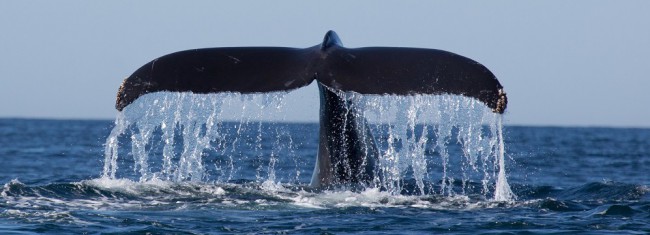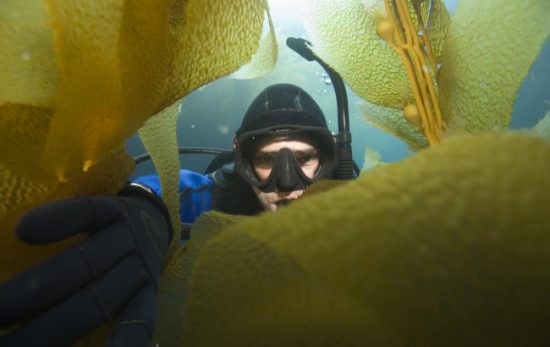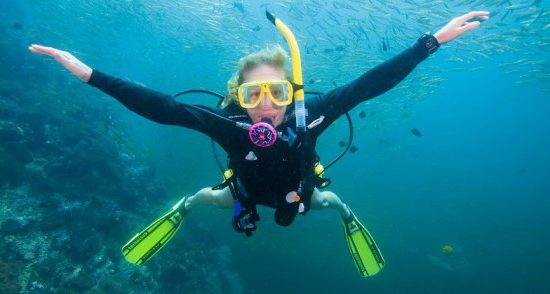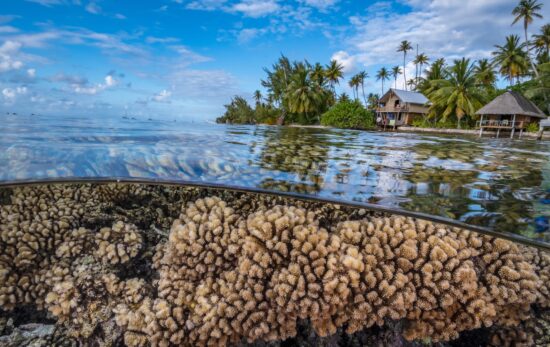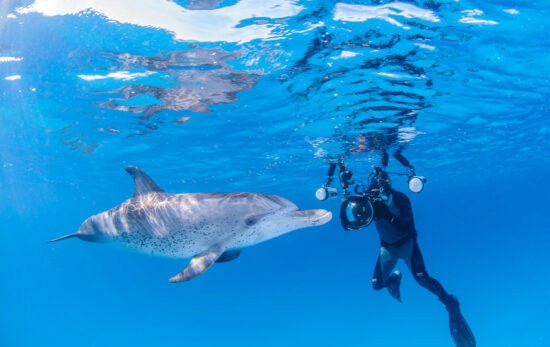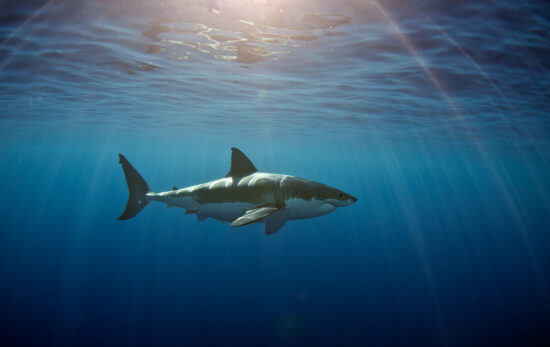Several things have to happen for a scuba diver to be lucky enough to see a whale in the wild. They have to be in the right place (that means research and a well-versed diving operation who knows the migration patterns of whales in their area) at the right time (having booked a trip months or even years in advance). But even with all of that preparation, they still have to cross all of their fingers and hope a whale will make an appearance whilst they’re in the water…
So it begs the question: why go to all this trouble to dive with these giants? Here are 11 reasons we find whales fascinating and can’t wait to meet one in person:
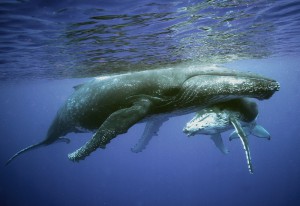 #1 They are social animals. Scientists believe that whales pass hunting tactics to one another through their social network.
#1 They are social animals. Scientists believe that whales pass hunting tactics to one another through their social network.
#2 Whales are intelligent enough to communicate through song, echolocation and body language. They can let each other know their location and if food is close.
#3 The Blue whale is the largest animal ever to live on earth – even bigger than ancient dinosaurs.
#4 Blue whales are the loudest creatures on earth.
#5 A blue whale can be pregnant for almost two years. A newborn calf gains 250 pounds a day when nursing during the first three weeks of life.
#6 Whales, dolphins and porpoises, which are called cetaceans, are thought to be ancient relatives of the hippopotamus.
#7 Narwhals are whales that don’t migrate. Their unicorn-like horn is actually a tusk and is usually found only in males.
#8 The Southern right whale’s testes are the largest of any animal, weighing about 500 kg (1100 lbs). What’s even more nuts is the fact that one female will mate with up to eight males.
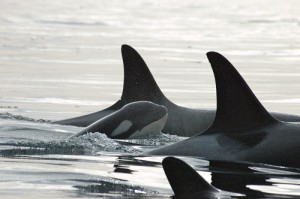 #9 Orcas are really dolphins and are considered one of the smartest animals on the planet. They are the fastest swimmers of all the cetaceans. At a top speed of 30 miles per hour, they swim about as fast as a great white shark.
#9 Orcas are really dolphins and are considered one of the smartest animals on the planet. They are the fastest swimmers of all the cetaceans. At a top speed of 30 miles per hour, they swim about as fast as a great white shark.
#10 When asleep, half of the whale’s brain stays awake. The awake side of the brain ensures they go to the surface to breathe.
#11 Beluga whales can smile and turn their necks. With a repertoire of clicks, moos, trills, twitters, and squeaks, they are the most vocal of all the toothed whales.
So where to start looking for a whale encounter? Humpback whale diving opportunities exist in the Dominican Republic and Tonga. You can see Minke whales in Australia; Bryde’s whales in South Africa; blue whales in Sri Lanka, and beluga whales in northern Canada. You can go diving with orcas in Norway.
If this has got you joining the queue of excited divers hoping to see a whale on their next dive, contact a local PADI Dive Shop or Resort to find out more and book your next trip.
